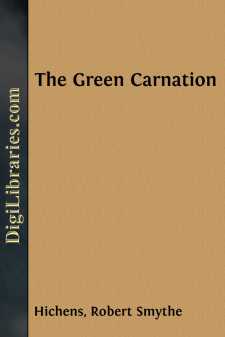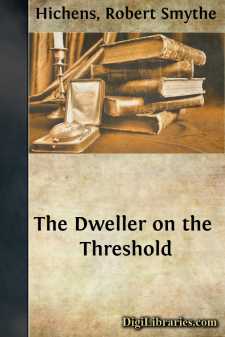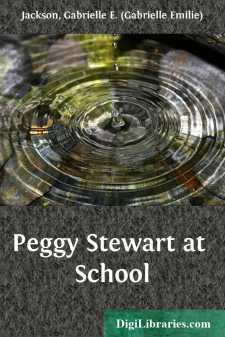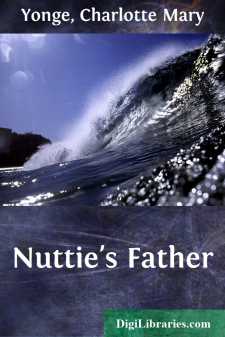Categories
- Antiques & Collectibles 13
- Architecture 36
- Art 48
- Bibles 22
- Biography & Autobiography 813
- Body, Mind & Spirit 138
- Business & Economics 28
- Children's Books 12
- Children's Fiction 9
- Computers 4
- Cooking 94
- Crafts & Hobbies 4
- Drama 346
- Education 46
- Family & Relationships 57
- Fiction 11821
- Games 19
- Gardening 17
- Health & Fitness 34
- History 1377
- House & Home 1
- Humor 147
- Juvenile Fiction 1873
- Juvenile Nonfiction 202
- Language Arts & Disciplines 88
- Law 16
- Literary Collections 686
- Literary Criticism 179
- Mathematics 13
- Medical 41
- Music 40
- Nature 179
- Non-Classifiable 1768
- Performing Arts 7
- Periodicals 1453
- Philosophy 64
- Photography 2
- Poetry 896
- Political Science 203
- Psychology 42
- Reference 154
- Religion 505
- Science 126
- Self-Help 81
- Social Science 81
- Sports & Recreation 34
- Study Aids 3
- Technology & Engineering 59
- Transportation 23
- Travel 463
- True Crime 29
The Green Carnation
Description:
Excerpt
He slipped a green carnation into his evening coat, fixed it in its place with a pin, and looked at himself in the glass, the long glass that stood near the window of his London bedroom. The summer evening was so bright that he could see his double clearly, even though it was just upon seven o'clock. There he stood in his favourite and most characteristic attitude, with his left knee slightly bent, and his arms hanging at his sides, gazing, as a woman gazes at herself before she starts for a party. The low and continuous murmur of Piccadilly, like the murmur of a flowing tide on a smooth beach, stole to his ears monotonously, and inclined him insensibly to a certain thoughtfulness. Floating through the curtained window the soft lemon light sparkled on the silver backs of the brushes that lay on the toilet-table, on the dressing-gown of spun silk that hung from a hook behind the door, on the great mass of gloire de Dijon roses, that dreamed in an ivory-white bowl set on the writing-table of ruddy-brown wood. It caught the gilt of the boy's fair hair and turned it into brightest gold, until, despite the white weariness of his face, the pale fretfulness of his eyes, he looked like some angel in a church window designed by Burne-Jones, some angel a little blasé from the injudicious conduct of its life. He frankly admired himself as he watched his reflection, occasionally changing his pose, presenting himself to himself, now full face, now three-quarters face, leaning backward or forward, advancing one foot in its silk stocking and shining shoe, assuming a variety of interesting expressions. In his own opinion he was very beautiful, and he thought it right to appreciate his own qualities of mind and of body. He hated those fantastic creatures who are humble even in their self-communings, cowards who dare not acknowledge even to themselves how exquisite, how delicately fashioned they are. Quite frankly he told other people that he was very wonderful, quite frankly he avowed it to himself. There is a nobility in fearless truthfulness, is there not? and about the magic of his personality he could never be induced to tell a lie.
It is so interesting to be wonderful, to be young, with pale gilt hair and blue eyes, and a face in which the shadows of fleeting expressions come and go, and a mouth like the mouth of Narcissus. It is so interesting to oneself. Surely one's beauty, one's attractiveness, should be one's own greatest delight. It is only the stupid, and those who still cling to Exeter Hall as to a Rock of Ages, who are afraid, or ashamed, to love themselves, and to express that love, if need be. Reggie Hastings, at least, was not ashamed. The mantel-piece in his sitting-room bore only photographs of himself, and he explained this fact to inquirers by saying that he worshipped beauty. Reggie was very frank. When he could not be witty, he often told the naked truth; and truth, without any clothes on, frequently passes for epigram. It is daring, and so it seems clever. Reggie was considered very clever by his friends, but more clever by himself. He knew that he was great, and he said so often in Society. And Society smiled and murmured that it was a pose. Everything is a pose nowadays, especially genius.
This evening Reggie stood before the mirror till the Sèvres clock on the chimneypiece gently chimed seven. Then he drew out of their tissue paper a pair of lavender gloves, and pressed the electric bell.
"Call me a hansom, Flynn," he said to his valet.
He threw a long buff-coloured overcoat across his arm, and went slowly downstairs. A cab was at the door, and he entered it and told the man to drive to Belgrave Square. As they turned the corner of Half Moon Street into Piccadilly, he leant forward over the wooden apron and lazily surveyed the crowd. Every second cab he passed contained an immaculate man going out to dinner, sitting bolt upright, with a severe expression of countenance, and surveying the world with steady eyes over an unyielding rampart of starched collar. Reggie exchanged nods with various acquaintances. Presently he passed an elderly gentleman with a red face and small side whiskers. The elderly gentleman stared him in the face, and sniffed ostentatiously.
"What a pity my poor father is so plain," Reggie said to himself with a quiet smile. Only that morning he had received a long and vehement diatribe from his parent, showering abuse upon him, and exhorting him to lead a more reputable life. He had replied by wire—
"What a funny little man you are.—Reggie."
The funny little man had evidently received his message.
As his cab drew up for a moment at Hyde Park corner to allow a stream of pedestrians to cross from the Park, he saw several people pointing him out. Two well-dressed women looked at him and laughed, and he heard one murmur his name to the other. He let his blue eyes rest upon them calmly as they peacocked across to St. George's Hospital, still laughing, and evidently discussing him. He did not know them, but he was accustomed to being known. His life had never been a cautious one. He was too modern to be very reticent, and he liked to be wicked in the eye of the crowd....






















